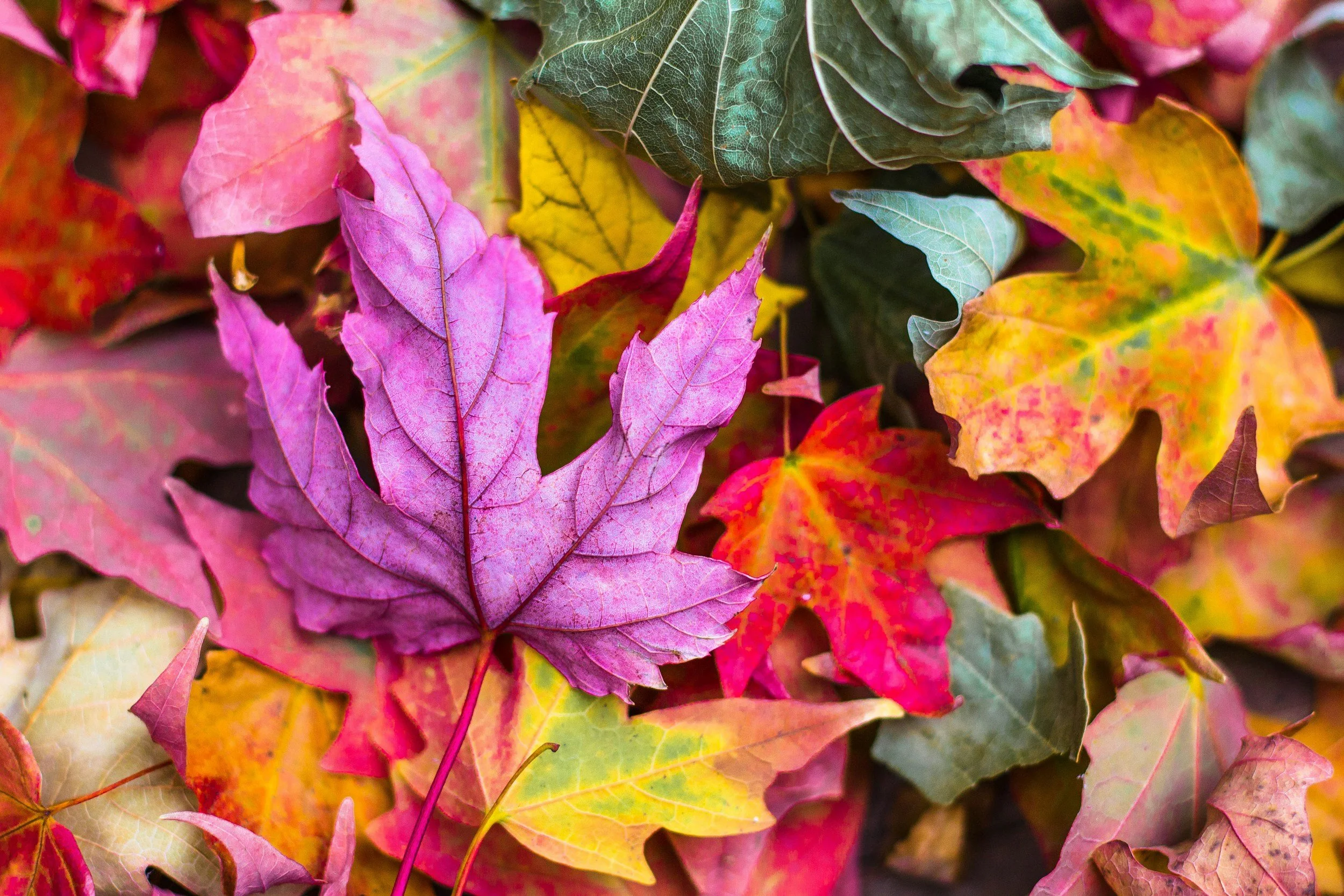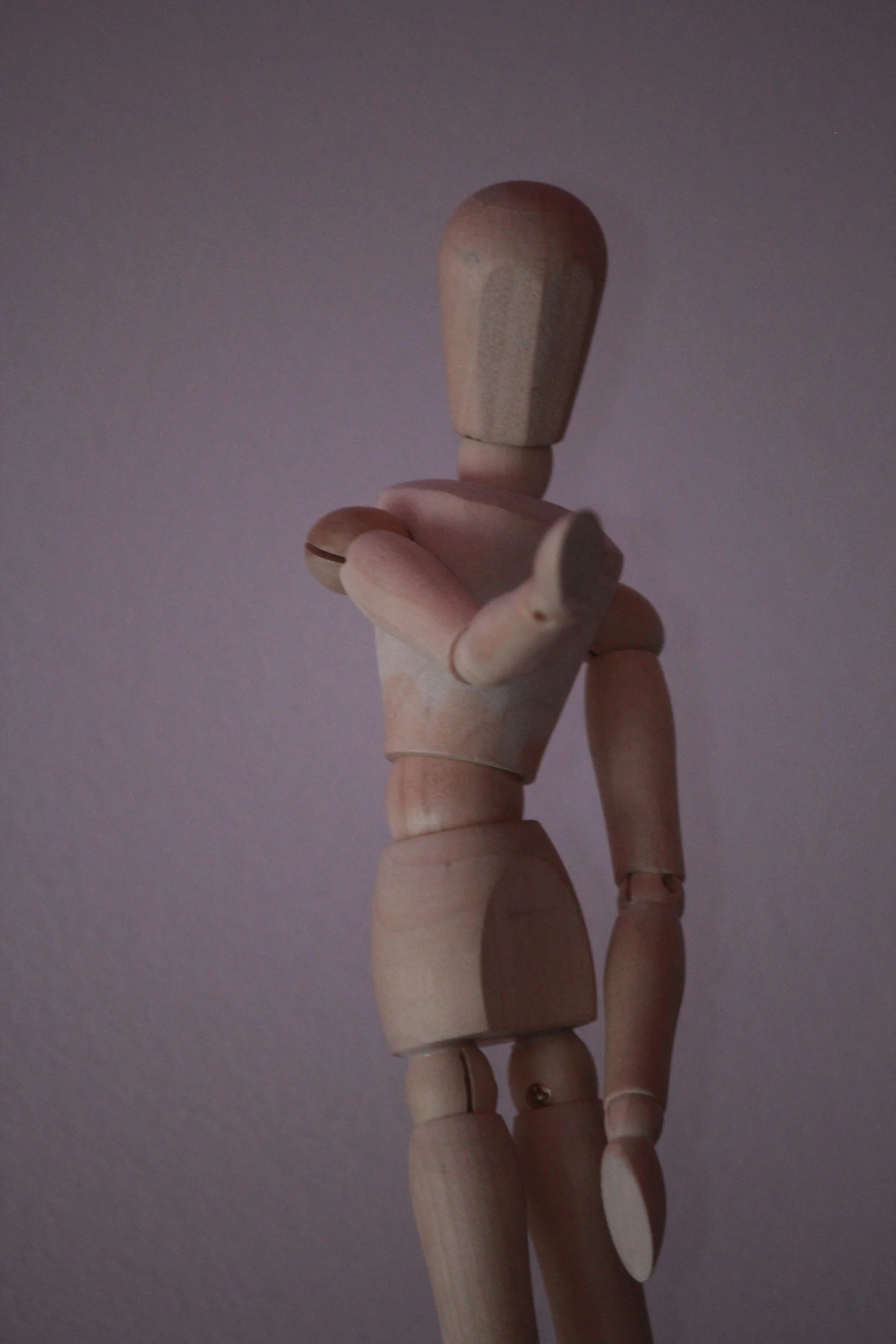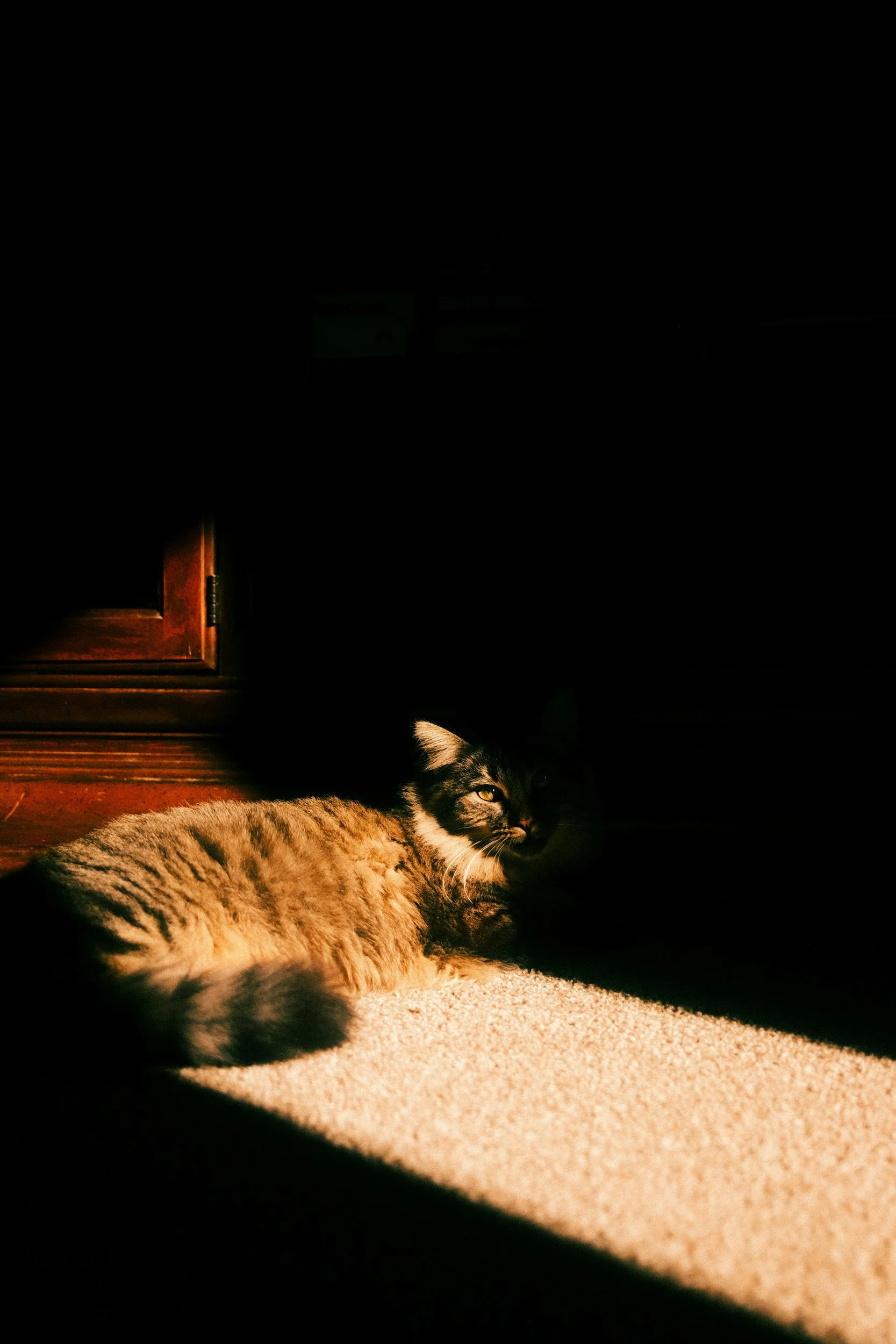Reading the Sky
That morning, I’m driving home from a doctor’s checkup in the next town over, nose of the car pointed east, toward the ridge of the Oakland hills, its craggy hillside densely studded with houses and thickets of trees. The wind is blowing from the wrong direction, gusting in from the hot, interior valley instead of the sea, forcing me to pull the steering wheel to the left every few seconds, correcting my course. It is one of those weather days in California, critical fire danger, when our bodies intuitively thread themselves a bit tighter.
Past the windshield, behind the oil change sticker, I notice a fat finger of smoke creeping into view. I crane my neck up and to the left and watch the smoke, like a fast-moving banana slug, slide smoothly across the azure backdrop of visible sky.
I pick up my phone and dial number one on my favorites list.
“Hey, hon,” I say to the car’s speakers as my husband answers. “I’m on my way home and see smoke. Any idea if there’s a fire nearby?” He’s just returning from a business trip, so happens to be at our home in the hills, instead of his office in San Francisco.
“Huh. On my way home, I passed a bunch of firetrucks on the highway near our house. Looks like it was a car fire that spread to the hillside. But it was small and seemed like they had mostly put it out.”
“Yeah, I don’t think that’s it. This is a lot of smoke. Coming from the north, I think?”
“Oh. I don’t know. I haven’t heard anything.”
“Me neither, but there’s a lot of it. I can’t see anything going on, though.”
“Probably not close if you don’t see or hear sirens.”
“Yeah, you’re probably right.”
I tell him I’ll see him soon and disconnect the call.
The date is Thursday, November 18th, 2018, the day the Camp Fire started, near the town of Paradise, California. The most destructive fire in California’s history, it destroyed Paradise and almost nineteen-thousand homes, killing eighty-five people and burning one hundred-fifty-thousand acres over the course of seventeen days. At its fastest, it consumed one football field per second.
We heard nothing at first. The earliest news began to trickle in through Twitter. We’re focusing on life saving measures only, the first responders said. We’re not going to be able to get everyone out, reported others. I glanced at the rapidly filling sky in between Twitter checks, my stomach sinking with vague foreboding, its specifics yet to be determined.
The smoke that morning eventually infiltrated every square inch of our air, one hundred-sixty miles away, choking our lungs and stinging our eyes. It was the smoke of microwaves, pickup trucks, No. 2 pencils, mailboxes, quilts, and people. It descended and remained for more than a week, cloaking us with the suffering of others. Maybe we’d have a quiet comment to a friend here or there about which masks worked best, but no complaints. Schools closed, outdoor activities were cancelled, and drafty windows were sealed with socks or duct tape. We wiped matted, gray embers from our cars each morning before we could drive them. Still, we couldn’t possibly complain, constantly surrounded as we were by remnants of a whole town, destroyed, incinerated. I wonder about others in similarly immersed areas in southern California, Canada and Australia. Did they too stay mum, guiltily naming their blessings amidst irritated eyes, throats and hearts?
The Camp Fire was not the first nor last fire to submerge our neighborhoods in an orange sea. We residents in high risk areas have become smoke readers in recent years, scrutinizing it as the talisman we now see it as. We examine each new patch that streams in for its threat content, a sort of destruction meter. Is it thick? Fast moving? What direction is it coming from? Can we hear sirens and thus need to prepare our go-bag? Or is it heartbreak arriving from somewhere else? Is it brown (burning new fuels) or white (mostly steam)? As if by measurement and classification we’ll somehow wrangle a degree of command over these new unfathomable catastrophes.
-Shannon Cassidy
Shannon writes, photographs and lives with chronic illness. She resides in Oakland, California with her husband, young son, senior dog and gremlin of a puppy. Her writing has appeared in Scary Mommy, Wordgathering, Uncomfortable Revolution and Mothers Always Write.





















